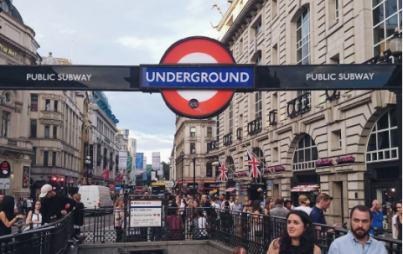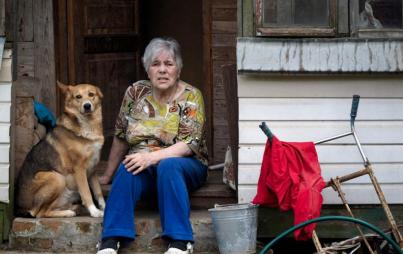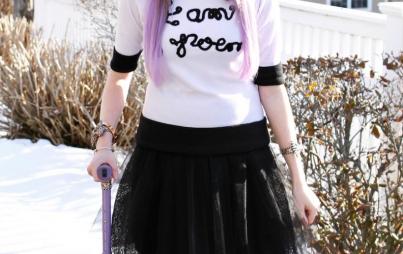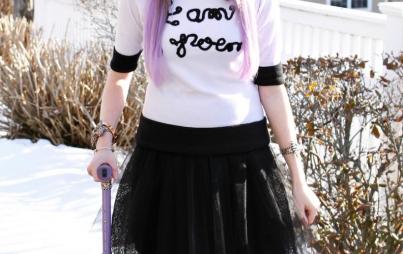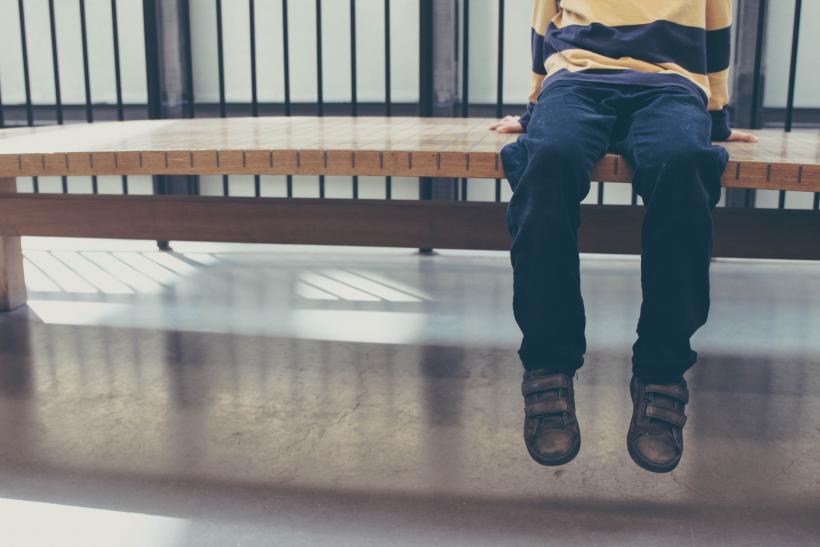
Photo by Michał Parzuchowski on Unsplash
This article first appeared on Role Reboot and has been republished with permission.
Inclusion is the brass ring of the disability community.
As the mother to a 10-year-old boy with Down syndrome, I constantly search for and even engineer environments where my son is welcome, places where the social constructs expand enough to accommodate a boy who doesn’t talk much and, when over-stimulated, emits a guttural, stimming growl. I often fail, not because hanging out with my son ultimately proves to be a chore for other people, but because our ableist society makes even simple accommodations seem untenable. We turn the molehills of inclusion into mountains, so much so that many people give up on including my son without even trying.
Last weekend my family had a good experience. We went on a caravan ride at the San Diego Zoo Safari Park, a two-hour tour inside the animal enclosures at the park. Bobby loves interacting with animals and I showered him with stories of feeding the giraffes and rhinos. In fact, I over-excited Bobby so that he was loud and uncooperative during the boarding process. Disability or no, I’m sure he wasn’t the only over-stimulated child to board that day, but a visible disability like Down syndrome often encourages extra doses of intolerance.
My wife and I had no intention of letting Bobby’s behavior spoil the outing for the other passengers. I knew that Bobby would quiet once the tour actually started, but my body was still rigid with tension, half expecting another passenger to complain or for our guide to pull us to the side and remove us from the truck.
Instead, as the engine came to life, our guide quietly pulled out a collection of fidget toys from underneath a seat, indicating that we should give one to Bobby. A passenger across the aisle smiled at my son, telling him that she was also excited for the tour to begin.
Our first stop was in front of a mother rhino and her calf. Bobby couldn’t see from his location in the truck and he growled loudly, expressing frustration. I braced for dirty looks but the man across the aisle instead extended his arm to Bobby, helping guide my son to a front row view. Bobby quieted immediately. The man understood that while Bobby’s way of expressing himself is unusual, his core desires are the same as every little kid: He wants to be where the action is.
You Might Also Like: 7 Things A Person WIth Down Syndrome Wished You Knew
The adults in the truck were solicitous toward Bobby for the entire two hours, making sure he had a good view, clapping for him when he gently and successfully fed leaves to a giraffe, sharing his delight in the animals. It’s worth noting that the adults were equally kind to the other child on the trip — a 10-year-old girl without a visible disability who was celebrating her birthday. The passengers and guide gave her extra chances to feed the animals and engaged her over her birthday plans. Instead of a fidget toy, she received a huge birthday pin for her shirt, one that entitled her to a free drink in the park.
Everyone had fun. No one was the worse for sharing the experience with a boy with Down syndrome. My wife and I weren’t exhausted from worrying about unfriendly passengers. Bobby was happy about his adventure.
Things usually don’t work out this way. Collectively, my little family often sits on the outside of the group. Sometimes, Bobby is the focus of open-mouthed staring and my wife and I are the recipients of dirty looks, for exactly what I’m never sure.
In the worst of cases, people with disabilities are kicked out of public spaces entirely.
As such, I was delighted with the outcome of our tour and expressed as much in a Facebook post. Generally, I am cautious about publicly sharing such an experience because I worry about it being turned into inspiration porn and lumped in with the stories of typical kids inviting a friend with Down syndrome to the prom, fast food workers feeding someone in a wheelchair, or football team captains with intellectual disabilities being escorted into the end zone for a meaningless end-of-game touchdown.
The common thread in these stories is that the individuals with a disability aren’t fully realized characters; they are props that are used to exalt the kindness of those around them.
Inspiration porn does not promote inclusion; it propagates objectification.
That said, I shared this story on my personal Facebook page because I knew my friends would get it. Many of them are parents of kids with disability as well. My description of the tour quickly became one of my most liked posts ever, not because people were effusively praising the kindness of our fellow passengers but because my friends know that the world usually doesn’t work like it should — many people are unwilling to extend themselves at all for a child with a disability.
I appreciate the acts of our guide and fellow passengers, but unlike in inspiration porn, I don’t mistake their every day kindness for a life altering heroic act. Instead, I am struck at how little accommodation my son needed to help him fully engage and how often the lack of even minimal acceptance keeps him marginalized.
I also wonder about the 10-year-old girl who celebrated a birthday on our tour. Did her parents take to social media, astounded at the free soft drink the park gave to their child? In response, did their friends remark about how the free soda reaffirmed their faith in humanity? It seems silly to imagine. However, make no mistake, our tour guide and fellow passengers gave roughly equivalent kindnesses to both my son and the birthday girl, however, only my son’s situation drew raves. The only real difference is that my family isn’t accustomed to the privilege of being welcomed in even child-centric public spaces.





